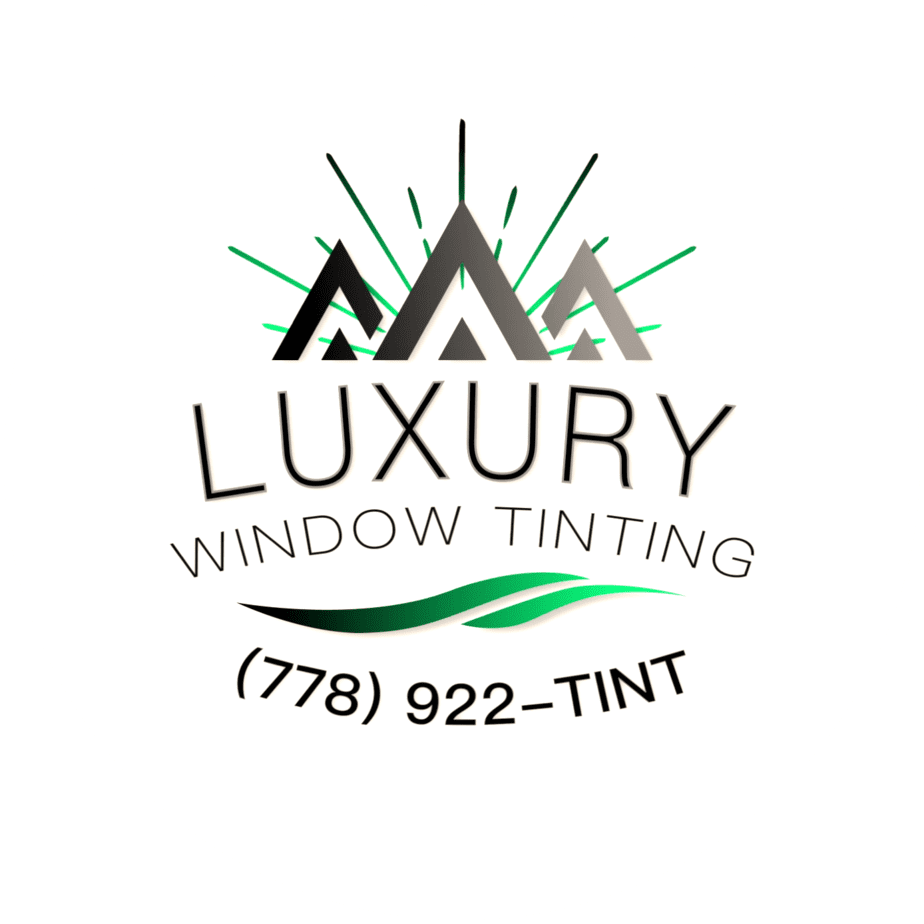Window Blinds are the most well-known, traditional form of window privacy in homes. With the many options for window blinds, cellular shades, rolling shade and curtains, the choice of window coverings comes down to personal preference and taste.
Window coverings can also provide nighttime privacy when thicker, non-transparent material is used. Window coverings can also be chosen in modern colors, which can be an integral part of a home renovation project, along with modern furniture, appliances and fresh paint.
Window Blinds with traditional, horizontal, or even vertical slats, can reflect some sunlight and heat when angled at the most efficient angle. Traditional blinds also often come in metal or plastic options, which can provide a measure of heat control in your home or business. Highly reflective materials can reflect up to 45% of solar heat. However, traditional solutions come with traditional problems.
Window blinds effectively block your ability to look out your window and enjoy your views. Darker, fashionable cellular window shades unfortunately absorb heat, causing a slow release of heat in your home.
In terms of window coverings, window cellular shades that do not have holes/slats and are drawn and are lighter-colored provide greater heat reflective properties than darker colored shades with holes that allow heat to come into your home.
Since window coverings redirect sunlight, they also effectively make rooms darker, which inevitable requires the homeowner to use artificial lighting. Not only is natural sunlight blocked, but interior light must then be used, which is both energy-inefficient and not the best option for an eco-friendly life and home.
Our solar window film can block up to 80% of solar heat, reflecting the sunlight before it can enter your home and disperse its heat. However, natural light is still allowed to filter into a room, only without the excessive brightness, glare, harmful UV rays, and burning heat.
Window film allows you to enjoy all the mental health benefits of natural sunlight without the downsides of direct sunlight, such as UV radiation. Not to mention, we can safely enjoy our views without having to resort to window coverings for privacy.
Window film is as easy to clean as your existing glass panes. With a soft cloth and glass cleaner (we personally recommend Invisible Glass, an alcohol-based window cleaner) you can clean your window glazings as usual.
Window Coverings vs. window film
Use our easy comparison guide between window coverings and window film to make the right choice for your home or business.
- More costly than window film
- Does NOT block UV rays or radiation
- Does NOT block solar heat
- Blocks visible light and natural sunlight
- Provides nighttime privacy
- Not easy to clean / extra cleaning task
- More affordable than window coverings
- Rejects up to 43% to 90% of solar heat*
- Allows natural light and bright ambiance
- Energy efficient, reduces the need for artificial light
- Easy maintenance, does not collect dust, can be cleaned as easily as regular windows
- Protects from UV damage and radiation due to blocking UV rays
- Offers daytime privacy, providing a sense of safety
- Does not offer nighttime privacy
- Contemporary style and modern aesthetic
- Provides a glare-free environment
While window coverings do NOT block UV rays or radiation and block visible light; Window film on the other hand, rejects up to 90% of solar heat (depending on the window film chosen) and is energy efficient while allowing natural light to filter into the home.
Window film is also more affordable than window coverings.
*percentage of solar heat reflectivity depends on the type of window film chosen.
The window film that is commonly used to tint auto vehicles is a completely different product than the architectural window film that is used for home applications.
Cheaply produced auto window film is also often purchased online, for a “DIY application”. The combination of cheap, dyed auto window film and non-professional installation produces the bubbly, faded window film that is sometimes seen on some vehicles on the street.
Our high quality, architectural window film that is installed by our professional installers is entirely different.
Address
159-1834C Oak Bay Avenue
Victoria, B.C. V8R 0A4,
Canada
Email Us
Call Us
778-922-TINT (8468)

